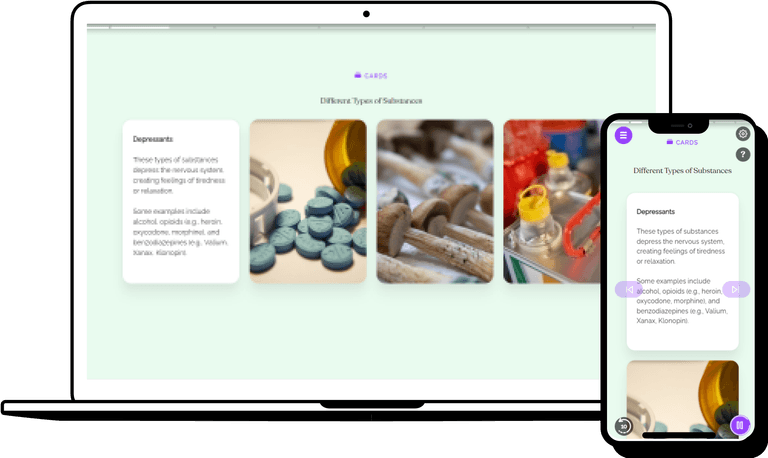Confidentiality in Clery Act Reporting
Confidentiality plays a vital role in Clery Act reporting, particularly for students who prefer to make anonymous reports. Maintaining confidentiality not only encourages students to come forward without fear of retaliation but also helps create a trusting environment for reporting.

Maintaining Confidentiality of a Reporter
Some students will want to ensure their reports are made as anonymously as possible. To anonymize a report, you can remove any information that might reveal the identities of the reporter, the perpetrator, or any witnesses. For example, you could replace any personal names with generic terms or labels, such as "Victim A" or "Witness B" instead of actual names.

How to Anonymize a Report
Anonymizing a report may also involve removing any personal identifiers, such as student or employee IDs, addresses, phone numbers, or email addresses. Avoid including details in the report that could identify individuals, such as physical descriptions, job titles, or other personal characteristics. Minimize unnecessary details and only include information needed to understand the incident and comply with Clery Act reporting requirements.

In many institutions, some people are exempt from Clery Act reporting duties when they are on duty serving in specific roles.
Individuals who serve as clergy or pastoral counselors in a religious capacity and provide confidential counseling or spiritual guidance to members of the campus community are often exempt from Clery Act reporting when they are acting in their role as counselors. Licensed counselors or therapists who provide confidential mental health counseling services, either independently or as part of a counseling center, may also have certain reporting exemptions when in their role as counselors. However, it's crucial to consult applicable laws and institutional policies to determine the scope of reporting obligations for these professionals.
Medical professionals, nurses, and other healthcare providers who work in campus health services, including physicians or nurses in student health centers, generally do not fall under the category of CSAs for Clery Act reporting. However, they may have reporting obligations for other legal or ethical reasons, such as mandatory reporting of certain diseases or instances of abuse.
Attorneys or legal counsel employed by the institution to provide legal advice and representation typically do not have Clery Act reporting obligations. Their role focuses on legal matters and client confidentiality, rather than being designated as CSAs for crime reporting purposes.

Using Cybersecurity Protocols to maintain Clery Act Confidentiality
You can also help ensure confidentiality by following basic cybersecurity protocols. For electronic reports, avoid public or library computers and close your browser after filing. For paper reports, follow safety protocols. Store or submit them where only authorized personnel can access them. When filing your report, be sure to follow your institution's required protocol for keeping information secure.
How to Make Anonymous Reports
Confidentiality is vital in Clery Act reporting, allowing students to make anonymous reports without fear of retaliation. It fosters trust, creates a safe reporting environment, and upholds accountability in addressing campus safety concerns. Best practices for anonymizing reports includes:
Here are some myths to look out for:
- -
Anonymize Names
- -
Remove Personal Identifiers
- -
Use General Descriptions
- -
Focus on Relevant Information

Unlock Campus Safety with EasyLlama's Clery Act Training
Gain a competitive edge in campus safety practices with EasyLlama's specialized Clery Act training. This comprehensive program offers an immersive learning experience, equipping participants with the expertise needed to navigate the complexities of the Clery Act effectively. Explore examples of Clery Act crimes through real-life scenarios and interactive modules. By completing this training, you will elevate your knowledge and skills, promoting a safer campus environment and upholding the importance of accurate crime reporting for the well-being of students and their families.

Helping over 8,000 organizations create a safer, more productive workplace
Clery Act training is essential to equip Campus Security Authorities (CSAs) with the knowledge and skills to fulfill their reporting obligations, ensuring campus compliance and promoting student safety. This course covers:





















